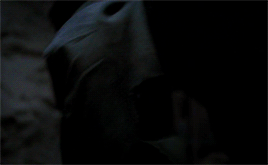Text
"He rose from his seat, and walked to the window, apparently from not knowing what to do; took up a pair of scissors that lay there, and while spoiling both them and their sheath by cutting the latter to pieces as he spoke"
Sense and Sensibility, Jane Austen.
10 notes
·
View notes
Text
“And, my dear Edmund,” added Mrs. Norris, “taking out two carriages when one will do, would be trouble for nothing; and, between ourselves, coachman is not very fond of the roads between this and Sotherton: he always complains bitterly of the narrow lanes scratching his carriage, and you know one should not like to have dear Sir Thomas, when he comes home, find all the varnish scratched off.”
“My dear Sir Thomas, if you had seen the state of the roads that day! I thought we should never have got through them, though we had the four horses of course; and poor old coachman would attend us, out of his great love and kindness, though he was hardly able to sit the box on account of the rheumatism which I had been doctoring him for ever since Michaelmas. I cured him at last; but he was very bad all the winter—and this was such a day, I could not help going to him up in his room before we set off to advise him not to venture: he was putting on his wig; so I said, ‘Coachman, you had much better not go; your Lady and I shall be very safe; you know how steady Stephen is, and Charles has been upon the leaders so often now, that I am sure there is no fear.’ But, however, I soon found it would not do; he was bent upon going, and as I hate to be worrying and officious, I said no more; but my heart quite ached for him at every jolt, and when we got into the rough lanes about Stoke, where, what with frost and snow upon beds of stones, it was worse than anything you can imagine, I was quite in an agony about him. And then the poor horses too! To see them straining away! You know how I always feel for the horses. And when we got to the bottom of Sandcroft Hill, what do you think I did? You will laugh at me; but I got out and walked up. I did indeed. It might not be saving them much, but it was something, and I could not bear to sit at my ease and be dragged up at the expense of those noble animals. I caught a dreadful cold, but that I did not regard. My object was accomplished in the visit.”
“Come, Fanny, Fanny, what are you about? We are going. Do not you see your aunt is going? Quick, quick! I cannot bear to keep good old Wilcox waiting. You should always remember the coachman and horses.”
Mansfield Park, Jane Austen.
3 notes
·
View notes
Text
"In the evening it was found, according to the predetermination of Mrs. Grant and her sister, that after making up the whist-table there would remain sufficient for a round game, and everybody being as perfectly complying and without a choice as on such occasions they always are, speculation was decided on almost as soon as whist; and Lady Bertram soon found herself in the critical situation of being applied to for her own choice between the games, and being required either to draw a card for whist or not. She hesitated. Luckily Sir Thomas was at hand.
“What shall I do, Sir Thomas? Whist and speculation; which will amuse me most?”
Sir Thomas, after a moment’s thought, recommended speculation. He was a whist player himself, and perhaps might feel that it would not much amuse him to have her for a partner.
“Very well,” was her ladyship’s contented answer; “then speculation, if you please, Mrs. Grant. I know nothing about it, but Fanny must teach me.”
Here Fanny interposed, however, with anxious protestations of her own equal ignorance; she had never played the game nor seen it played in her life; and Lady Bertram felt a moment’s indecision again; but upon everybody’s assuring her that nothing could be so easy, that it was the easiest game on the cards, and Henry Crawford’s stepping forward with a most earnest request to be allowed to sit between her ladyship and Miss Price, and teach them both, it was so settled; and Sir Thomas, Mrs. Norris, and Dr. and Mrs. Grant being seated at the table of prime intellectual state and dignity, the remaining six, under Miss Crawford’s direction, were arranged round the other. It was a fine arrangement for Henry Crawford, who was close to Fanny, and with his hands full of business, having two persons’ cards to manage as well as his own; for though it was impossible for Fanny not to feel herself mistress of the rules of the game in three minutes, he had yet to inspirit her play, sharpen her avarice, and harden her heart, which, especially in any competition with William, was a work of some difficulty; and as for Lady Bertram, he must continue in charge of all her fame and fortune through the whole evening; and if quick enough to keep her from looking at her cards when the deal began, must direct her in whatever was to be done with them to the end of it.
He was in high spirits, doing everything with happy ease, and preeminent in all the lively turns, quick resources, and playful impudence that could do honour to the game; and the round table was altogether a very comfortable contrast to the steady sobriety and orderly silence of the other.
Twice had Sir Thomas inquired into the enjoyment and success of his lady, but in vain; no pause was long enough for the time his measured manner needed; and very little of her state could be known till Mrs. Grant was able, at the end of the first rubber, to go to her and pay her compliments.
“I hope your ladyship is pleased with the game.”
“Oh dear, yes! very entertaining indeed. A very odd game. I do not know what it is all about. I am never to see my cards; and Mr. Crawford does all the rest.”
“Bertram,” said Crawford, some time afterwards, taking the opportunity of a little languor in the game, “I have never told you what happened to me yesterday in my ride home.” They had been hunting together, and were in the midst of a good run, and at some distance from Mansfield, when his horse being found to have flung a shoe, Henry Crawford had been obliged to give up, and make the best of his way back. “I told you I lost my way after passing that old farmhouse with the yew-trees, because I can never bear to ask; but I have not told you that, with my usual luck—for I never do wrong without gaining by it—I found myself in due time in the very place which I had a curiosity to see. I was suddenly, upon turning the corner of a steepish downy field, in the midst of a retired little village between gently rising hills; a small stream before me to be forded, a church standing on a sort of knoll to my right—which church was strikingly large and handsome for the place, and not a gentleman or half a gentleman’s house to be seen excepting one—to be presumed the Parsonage—within a stone’s throw of the said knoll and church. I found myself, in short, in Thornton Lacey.”
“It sounds like it,” said Edmund; “but which way did you turn after passing Sewell’s farm?”
“I answer no such irrelevant and insidious questions; though were I to answer all that you could put in the course of an hour, you would never be able to prove that it was not Thornton Lacey—for such it certainly was.”
“You inquired, then?”
“No, I never inquire. But I told a man mending a hedge that it was Thornton Lacey, and he agreed to it.”
“You have a good memory. I had forgotten having ever told you half so much of the place.”
Thornton Lacey was the name of his impending living, as Miss Crawford well knew; and her interest in a negotiation for William Price’s knave increased.
“Well,” continued Edmund, “and how did you like what you saw?”
“Very much indeed. You are a lucky fellow. There will be work for five summers at least before the place is liveable.”
“No, no, not so bad as that. The farmyard must be moved, I grant you; but I am not aware of anything else. The house is by no means bad, and when the yard is removed, there may be a very tolerable approach to it.”
“The farmyard must be cleared away entirely, and planted up to shut out the blacksmith’s shop. The house must be turned to front the east instead of the north—the entrance and principal rooms, I mean, must be on that side, where the view is really very pretty; I am sure it may be done. And there must be your approach, through what is at present the garden. You must make a new garden at what is now the back of the house; which will be giving it the best aspect in the world, sloping to the south-east. The ground seems precisely formed for it. I rode fifty yards up the lane, between the church and the house, in order to look about me; and saw how it might all be. Nothing can be easier. The meadows beyond what will be the garden, as well as what now is, sweeping round from the lane I stood in to the north-east, that is, to the principal road through the village, must be all laid together, of course; very pretty meadows they are, finely sprinkled with timber. They belong to the living, I suppose; if not, you must purchase them. Then the stream—something must be done with the stream; but I could not quite determine what. I had two or three ideas.”
“And I have two or three ideas also,” said Edmund, “and one of them is, that very little of your plan for Thornton Lacey will ever be put in practice. I must be satisfied with rather less ornament and beauty. I think the house and premises may be made comfortable, and given the air of a gentleman’s residence, without any very heavy expense, and that must suffice me; and, I hope, may suffice all who care about me.”
Miss Crawford, a little suspicious and resentful of a certain tone of voice, and a certain half-look attending the last expression of his hope, made a hasty finish of her dealings with William Price; and securing his knave at an exorbitant rate, exclaimed, “There, I will stake my last like a woman of spirit. No cold prudence for me. I am not born to sit still and do nothing. If I lose the game, it shall not be from not striving for it.”
The game was hers, and only did not pay her for what she had given to secure it. Another deal proceeded, and Crawford began again about Thornton Lacey.
“My plan may not be the best possible: I had not many minutes to form it in; but you must do a good deal. The place deserves it, and you will find yourself not satisfied with much less than it is capable of. (Excuse me, your ladyship must not see your cards. There, let them lie just before you.) The place deserves it, Bertram. You talk of giving it the air of a gentleman’s residence. That will be done by the removal of the farmyard; for, independent of that terrible nuisance, I never saw a house of the kind which had in itself so much the air of a gentleman’s residence, so much the look of a something above a mere parsonage-house—above the expenditure of a few hundreds a year. It is not a scrambling collection of low single rooms, with as many roofs as windows; it is not cramped into the vulgar compactness of a square farmhouse: it is a solid, roomy, mansion-like looking house, such as one might suppose a respectable old country family had lived in from generation to generation, through two centuries at least, and were now spending from two to three thousand a year in.” Miss Crawford listened, and Edmund agreed to this. “The air of a gentleman’s residence, therefore, you cannot but give it, if you do anything. But it is capable of much more. (Let me see, Mary; Lady Bertram bids a dozen for that queen; no, no, a dozen is more than it is worth. Lady Bertram does not bid a dozen. She will have nothing to say to it. Go on, go on.) By some such improvements as I have suggested (I do not really require you to proceed upon my plan, though, by the bye, I doubt anybody’s striking out a better) you may give it a higher character. You may raise it into a place. From being the mere gentleman’s residence, it becomes, by judicious improvement, the residence of a man of education, taste, modern manners, good connexions. All this may be stamped on it; and that house receive such an air as to make its owner be set down as the great landholder of the parish by every creature travelling the road; especially as there is no real squire’s house to dispute the point—a circumstance, between ourselves, to enhance the value of such a situation in point of privilege and independence beyond all calculation. You think with me, I hope” (turning with a softened voice to Fanny). “Have you ever seen the place?”
Fanny gave a quick negative, and tried to hide her interest in the subject by an eager attention to her brother, who was driving as hard a bargain, and imposing on her as much as he could; but Crawford pursued with “No, no, you must not part with the queen. You have bought her too dearly, and your brother does not offer half her value. No, no, sir, hands off, hands off. Your sister does not part with the queen. She is quite determined. The game will be yours,” turning to her again; “it will certainly be yours.”
“And Fanny had much rather it were William’s,” said Edmund, smiling at her. “Poor Fanny! not allowed to cheat herself as she wishes!”
“Mr. Bertram,” said Miss Crawford, a few minutes afterwards, “you know Henry to be such a capital improver, that you cannot possibly engage in anything of the sort at Thornton Lacey without accepting his help. Only think how useful he was at Sotherton! Only think what grand things were produced there by our all going with him one hot day in August to drive about the grounds, and see his genius take fire. There we went, and there we came home again; and what was done there is not to be told!”
Fanny’s eyes were turned on Crawford for a moment with an expression more than grave—even reproachful; but on catching his, were instantly withdrawn. With something of consciousness he shook his head at his sister, and laughingly replied, “I cannot say there was much done at Sotherton; but it was a hot day, and we were all walking after each other, and bewildered.” As soon as a general buzz gave him shelter, he added, in a low voice, directed solely at Fanny, “I should be sorry to have my powers of planning judged of by the day at Sotherton. I see things very differently now. Do not think of me as I appeared then.”
Sotherton was a word to catch Mrs. Norris, and being just then in the happy leisure which followed securing the odd trick by Sir Thomas’s capital play and her own against Dr. and Mrs. Grant’s great hands, she called out, in high good-humour, “Sotherton! Yes, that is a place, indeed, and we had a charming day there. William, you are quite out of luck; but the next time you come, I hope dear Mr. and Mrs. Rushworth will be at home, and I am sure I can answer for your being kindly received by both. Your cousins are not of a sort to forget their relations, and Mr. Rushworth is a most amiable man. They are at Brighton now, you know; in one of the best houses there, as Mr. Rushworth’s fine fortune gives them a right to be. I do not exactly know the distance, but when you get back to Portsmouth, if it is not very far off, you ought to go over and pay your respects to them; and I could send a little parcel by you that I want to get conveyed to your cousins.”
“I should be very happy, aunt; but Brighton is almost by Beachey Head; and if I could get so far, I could not expect to be welcome in such a smart place as that—poor scrubby midshipman as I am.”
Mrs. Norris was beginning an eager assurance of the affability he might depend on, when she was stopped by Sir Thomas’s saying with authority, “I do not advise your going to Brighton, William, as I trust you may soon have more convenient opportunities of meeting; but my daughters would be happy to see their cousins anywhere; and you will find Mr. Rushworth most sincerely disposed to regard all the connexions of our family as his own.”
“I would rather find him private secretary to the First Lord than anything else,” was William’s only answer, in an undervoice, not meant to reach far, and the subject dropped.
As yet Sir Thomas had seen nothing to remark in Mr. Crawford’s behaviour; but when the whist-table broke up at the end of the second rubber, and leaving Dr. Grant and Mrs. Norris to dispute over their last play, he became a looker-on at the other, he found his niece the object of attentions, or rather of professions, of a somewhat pointed character.
Henry Crawford was in the first glow of another scheme about Thornton Lacey; and not being able to catch Edmund’s ear, was detailing it to his fair neighbour with a look of considerable earnestness. His scheme was to rent the house himself the following winter, that he might have a home of his own in that neighbourhood; and it was not merely for the use of it in the hunting-season (as he was then telling her), though that consideration had certainly some weight, feeling as he did that, in spite of all Dr. Grant’s very great kindness, it was impossible for him and his horses to be accommodated where they now were without material inconvenience; but his attachment to that neighbourhood did not depend upon one amusement or one season of the year: he had set his heart upon having a something there that he could come to at any time, a little homestall at his command, where all the holidays of his year might be spent, and he might find himself continuing, improving, and perfecting that friendship and intimacy with the Mansfield Park family which was increasing in value to him every day. Sir Thomas heard and was not offended. There was no want of respect in the young man’s address; and Fanny’s reception of it was so proper and modest, so calm and uninviting, that he had nothing to censure in her. She said little, assented only here and there, and betrayed no inclination either of appropriating any part of the compliment to herself, or of strengthening his views in favour of Northamptonshire. Finding by whom he was observed, Henry Crawford addressed himself on the same subject to Sir Thomas, in a more everyday tone, but still with feeling.
“I want to be your neighbour, Sir Thomas, as you have, perhaps, heard me telling Miss Price. May I hope for your acquiescence, and for your not influencing your son against such a tenant?”
Sir Thomas, politely bowing, replied, “It is the only way, sir, in which I could not wish you established as a permanent neighbour; but I hope, and believe, that Edmund will occupy his own house at Thornton Lacey. Edmund, am I saying too much?”
Edmund, on this appeal, had first to hear what was going on; but, on understanding the question, was at no loss for an answer.
“Certainly, sir, I have no idea but of residence. But, Crawford, though I refuse you as a tenant, come to me as a friend. Consider the house as half your own every winter, and we will add to the stables on your own improved plan, and with all the improvements of your improved plan that may occur to you this spring.”
“We shall be the losers,” continued Sir Thomas. “His going, though only eight miles, will be an unwelcome contraction of our family circle; but I should have been deeply mortified if any son of mine could reconcile himself to doing less. It is perfectly natural that you should not have thought much on the subject, Mr. Crawford. But a parish has wants and claims which can be known only by a clergyman constantly resident, and which no proxy can be capable of satisfying to the same extent. Edmund might, in the common phrase, do the duty of Thornton, that is, he might read prayers and preach, without giving up Mansfield Park: he might ride over every Sunday, to a house nominally inhabited, and go through divine service; he might be the clergyman of Thornton Lacey every seventh day, for three or four hours, if that would content him. But it will not. He knows that human nature needs more lessons than a weekly sermon can convey; and that if he does not live among his parishioners, and prove himself, by constant attention, their well-wisher and friend, he does very little either for their good or his own.”
Mr. Crawford bowed his acquiescence.
“I repeat again,” added Sir Thomas, “that Thornton Lacey is the only house in the neighbourhood in which I should not be happy to wait on Mr. Crawford as occupier.”
Mr. Crawford bowed his thanks.
“Sir Thomas,” said Edmund, “undoubtedly understands the duty of a parish priest. We must hope his son may prove that he knows it too.”
Whatever effect Sir Thomas’s little harangue might really produce on Mr. Crawford, it raised some awkward sensations in two of the others, two of his most attentive listeners—Miss Crawford and Fanny. One of whom, having never before understood that Thornton was so soon and so completely to be his home, was pondering with downcast eyes on what it would be not to see Edmund every day; and the other, startled from the agreeable fancies she had been previously indulging on the strength of her brother’s description, no longer able, in the picture she had been forming of a future Thornton, to shut out the church, sink the clergyman, and see only the respectable, elegant, modernised, and occasional residence of a man of independent fortune, was considering Sir Thomas, with decided ill-will, as the destroyer of all this, and suffering the more from that involuntary forbearance which his character and manner commanded, and from not daring to relieve herself by a single attempt at throwing ridicule on his cause.
All the agreeable of her speculation was over for that hour. It was time to have done with cards, if sermons prevailed; and she was glad to find it necessary to come to a conclusion, and be able to refresh her spirits by a change of place and neighbour."
Mansfield Park, Jane Austen.
#jane austen#mansfield park#lady bertram#sir thomas bertram#henry crawford#fanny price#mary crawford#edmund bertram#william price#speculation
1 note
·
View note
Text
"To the theatre he went, and reached it just in time to witness the first meeting of his father and his friend. Sir Thomas had been a good deal surprised to find candles burning in his room; and on casting his eye round it, to see other symptoms of recent habitation and a general air of confusion in the furniture. The removal of the bookcase from before the billiard-room door struck him especially, but he had scarcely more than time to feel astonished at all this, before there were sounds from the billiard-room to astonish him still farther. Some one was talking there in a very loud accent; he did not know the voice—more than talking—almost hallooing. He stepped to the door, rejoicing at that moment in having the means of immediate communication, and, opening it, found himself on the stage of a theatre, and opposed to a ranting young man, who appeared likely to knock him down backwards. At the very moment of Yates perceiving Sir Thomas, and giving perhaps the very best start he had ever given in the whole course of his rehearsals, Tom Bertram entered at the other end of the room; and never had he found greater difficulty in keeping his countenance. His father’s looks of solemnity and amazement on this his first appearance on any stage, and the gradual metamorphosis of the impassioned Baron Wildenheim into the well-bred and easy Mr. Yates, making his bow and apology to Sir Thomas Bertram, was such an exhibition, such a piece of true acting, as he would not have lost upon any account. It would be the last—in all probability—the last scene on that stage; but he was sure there could not be a finer. The house would close with the greatest eclat."
Mansfield Park, Jane Austen.
7 notes
·
View notes
Text
Northanger Abbey fancast
Mr Allen/Jim Carter 1,88 m

Mrs Allen/Samantha Bond 1,69 m
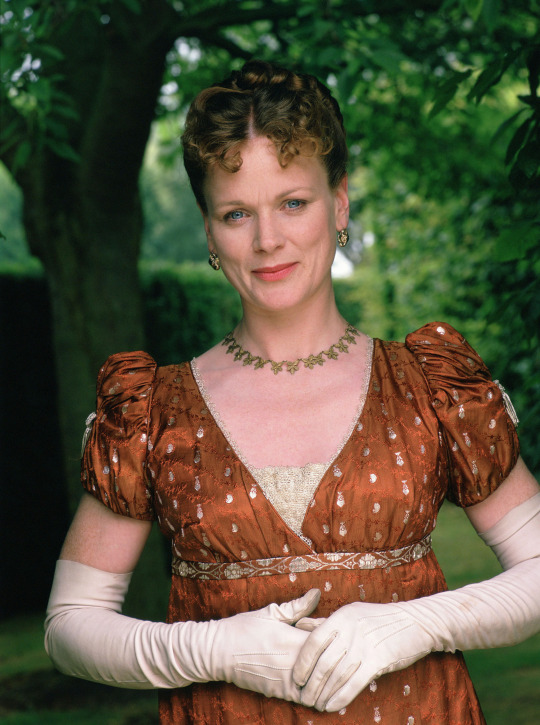
Mrs Thorpe/Lindsay Duncan 1,67 m

John Thorpe/Kyle Soller 1,78 m
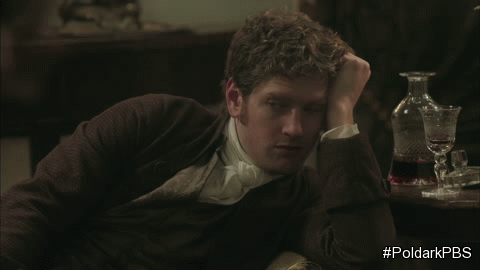
Isabella Thrope/Eleanor Tomlinson 1,71 m


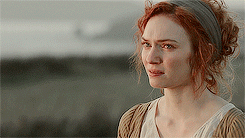
James Morland/Matt Smith 1,82 m

Catherine Morland/Mia Goth 1,70 m



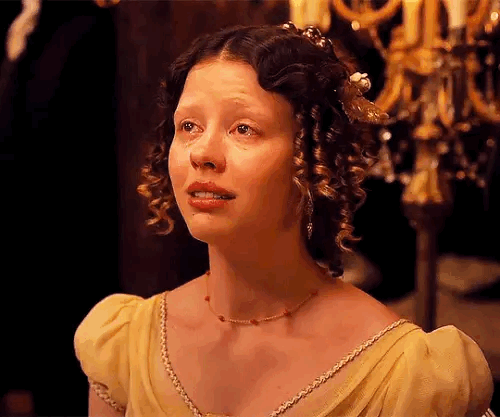
General Tilney/Pip Torrens 1,85 m

Henry Tilney/J J Field 1,85 m

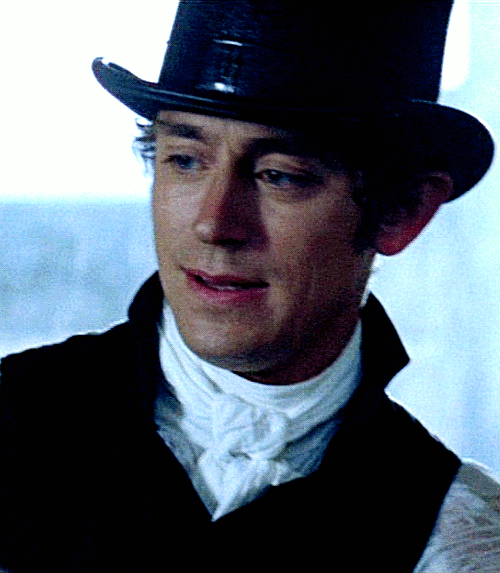
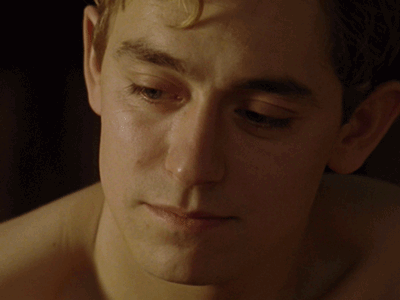
Eleanor Tilney/Romola Garai 1,75 m
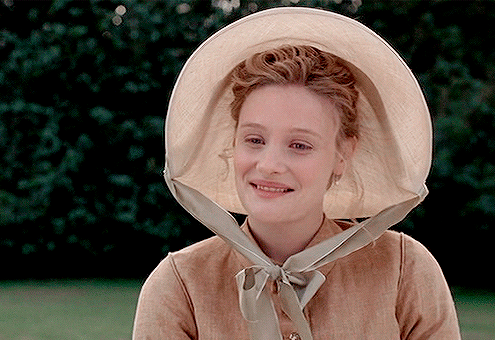

Captain Frederick Tilney/Jude Law 1,78 m



11 notes
·
View notes
Photo




“You asked me last week if I would tell you if John wasn’t okay. Well he’s not. He called a dog.” - Patriot s01e07
343 notes
·
View notes
Text
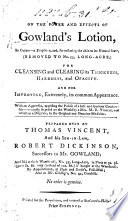
"In the course of the same morning, Anne and her father chancing to be alone together, he began to compliment her on her improved looks; he thought her “less thin in her person, in her cheeks; her skin, her complexion, greatly improved; clearer, fresher. Had she been using any thing in particular?” “No, nothing.” “Merely Gowland,” he supposed. “No, nothing at all.” “Ha! he was surprised at that;” and added, “certainly you cannot do better than to continue as you are; you cannot be better than well; or I should recommend Gowland, the constant use of Gowland, during the spring months. Mrs Clay has been using it at my recommendation, and you see what it has done for her. You see how it has carried away her freckles.”
If Elizabeth could but have heard this! Such personal praise might have struck her, especially as it did not appear to Anne that the freckles were at all lessened."
Persuasion, Jane Austen.
2 notes
·
View notes
Text
"He had never walked anywhere arm-in-arm with Colonel Wallis (who was a fine military figure, though sandy-haired) without observing that every woman’s eye was upon him; every woman’s eye was sure to be upon Colonel Wallis.” Modest Sir Walter!"
Persuasion, Jane Austen.
5 notes
·
View notes
Text
"A few years before, Anne Elliot had been a very pretty girl, but her bloom had vanished early; and as even in its height, her father had found little to admire in her, (so totally different were her delicate features and mild dark eyes from his own), there could be nothing in them, now that she was faded and thin, to excite his esteem."
Persuasion, Jane Austen.
3 notes
·
View notes
Text
"Be it known then, that Sir Walter, like a good father, (having met with one or two private disappointments in very unreasonable applications), prided himself on remaining single for his dear daughters’ sake."
Persuasion, Jane Austen.
87 notes
·
View notes
Text
Persuasion fancast
Lady Russel/Raquel Cassidy 1,70 m

Sir Walter Elliot/Timothy Dalton 1,87 m


Elizabeth Elliot/Alice Eve 1,66 m
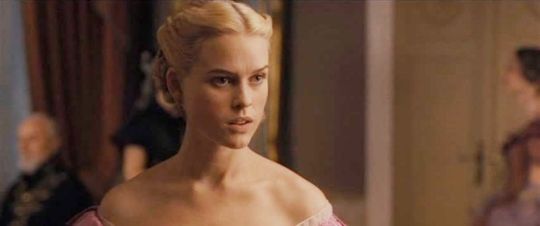
Anne Elliot/Keira Knightley 1,70 m
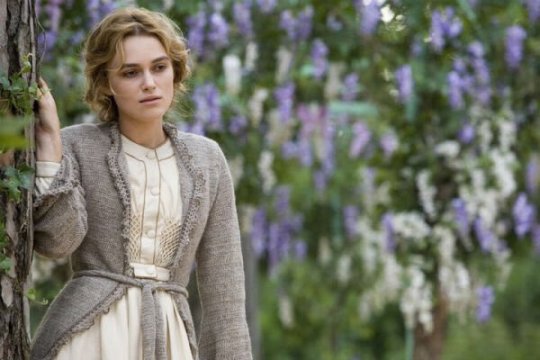

Mary Musgrove/Charity Wakefield 1,65 m
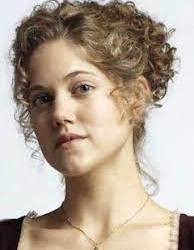
Charles Musgrove/Josh O'Connor 1,85 m
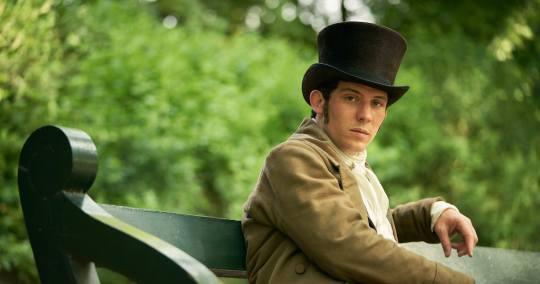
Mr Musgrove/Toby Jones 1,65 m

Mrs Musgrove/Olivia Coleman 1,70 m

Henrietta Musgrove/Kimberley Nixon 1,65 m
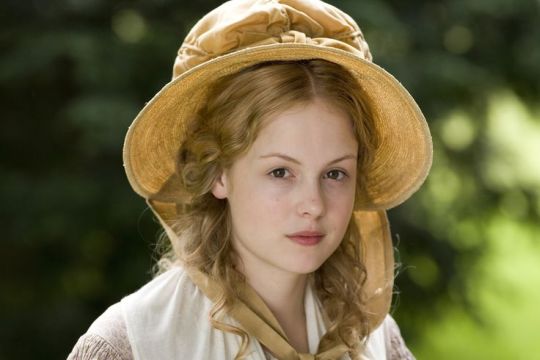
Louisa Musgrove/Carey Mulligan 1,70 m
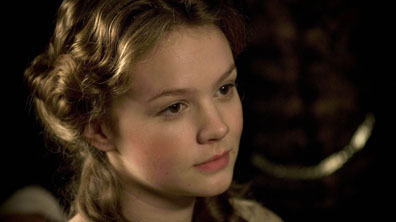
Charles Hayter/Joey Batey 1,81 m

Admiral Croft/David Morrissey 1,88 m

Mrs Croft/Rachael Stirling 1,75 m
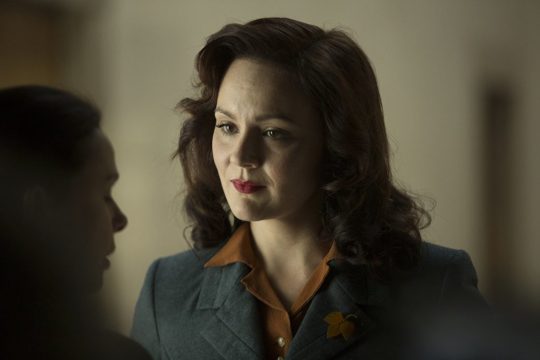
Captain Frederick Wentworth/Henry Cavill 1,85 m


Mr William Elliot/Jack Huston 1,82 m
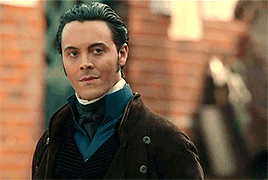
Captain Benwick/Freddie Fox 1,75 m
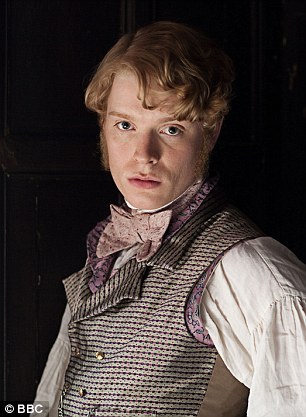
Captain Harville/Paul Ready
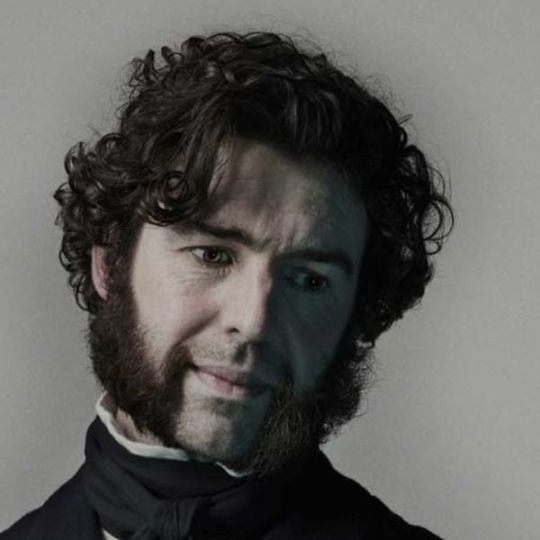
Mrs Harville/Joanne Foggatt 1,57 m

Mr Shepherd/Phil Davis 1,68 m
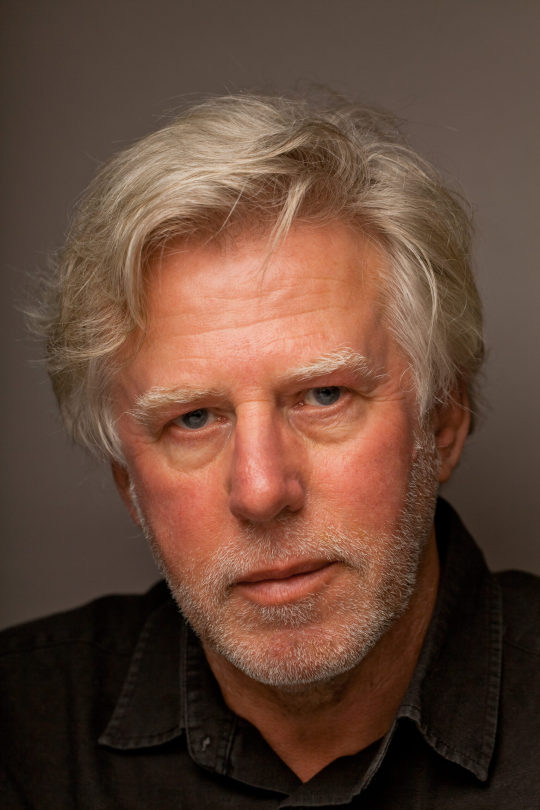
Mrs Clay/Kelle Reilly 1,68 m
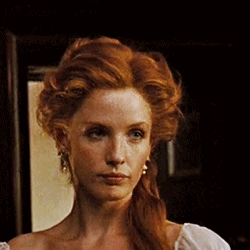
Mrs Smith/Vanessa Kirby 1,70 m
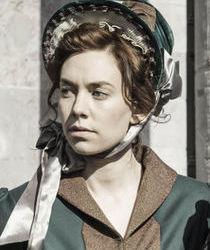
Colonel Wallis/Toby Stephens 1,76 m


#persuasion#anne elliot#captain frederick wentworth#sir walter elliot#ginger colonel wallis#mrs clay and her freckles#fancast#jane austen
6 notes
·
View notes
Text
Mansfield Park fancast
Sir Thomas Bertram/Charles Dance 1,91m
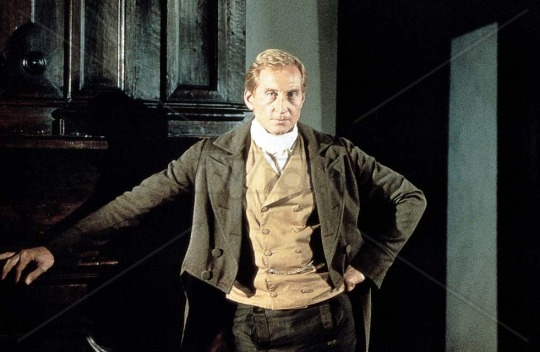
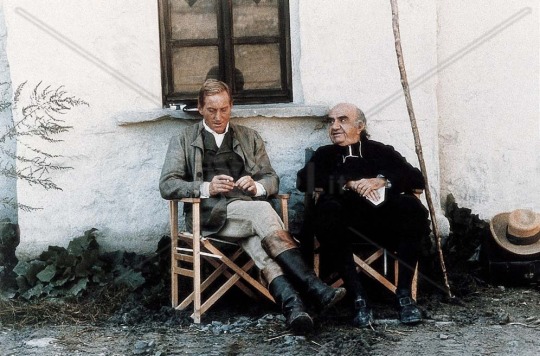
Lady bertram/Janet McTeer 1,86 m
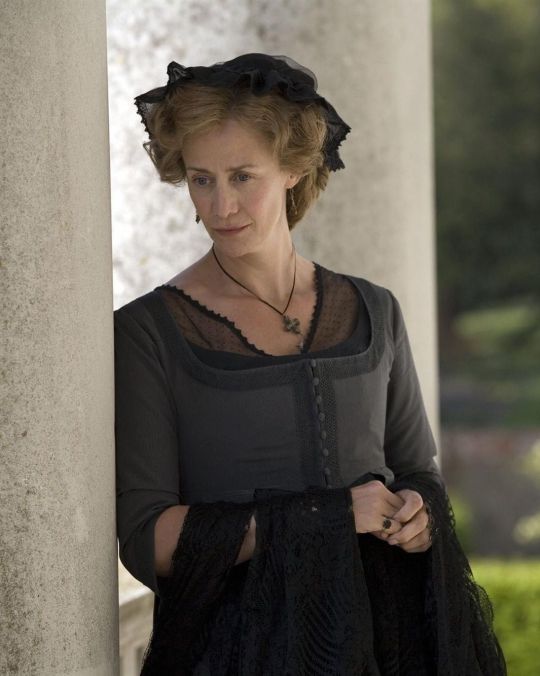

Frances Price/Maxine Peake 1,70 m

Mr Price/Jason Flemyng 1,85 m
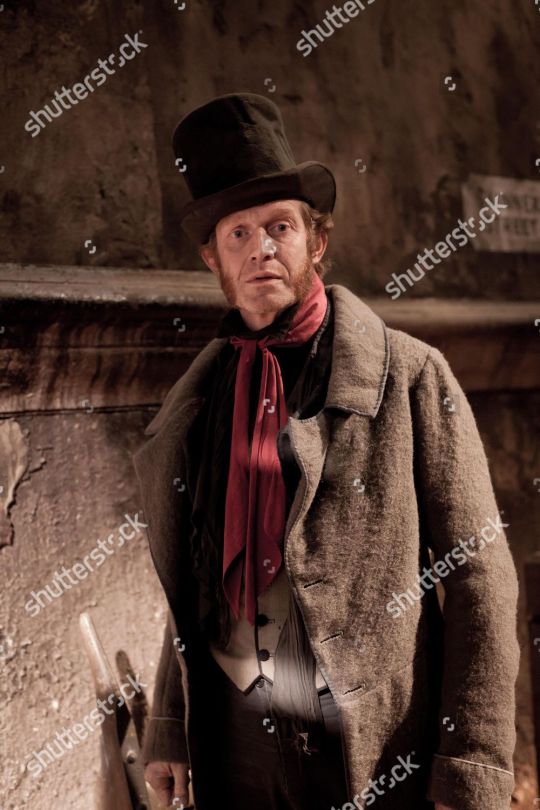
Mrs Norris/Imelda Stauton 1,52 m
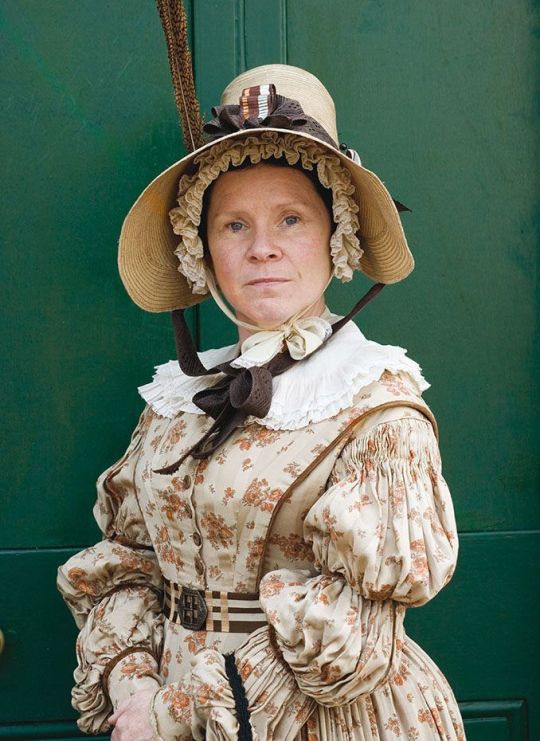
Mrs Grant/Jodie Whittaker 1,67 m
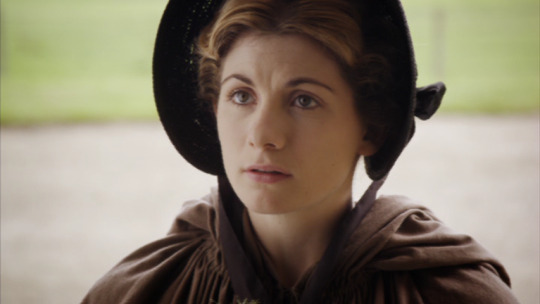
Dr Grant/Rory Kinnear 1,83 m
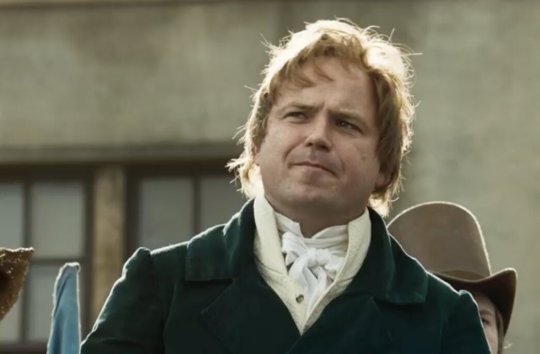
Tom Bertram/Sam Heughan 1,91 m

Maria Bertram/Gabriella Wilde 1,78 m


Julia Bertram/Rosamund Pike 1,74 m
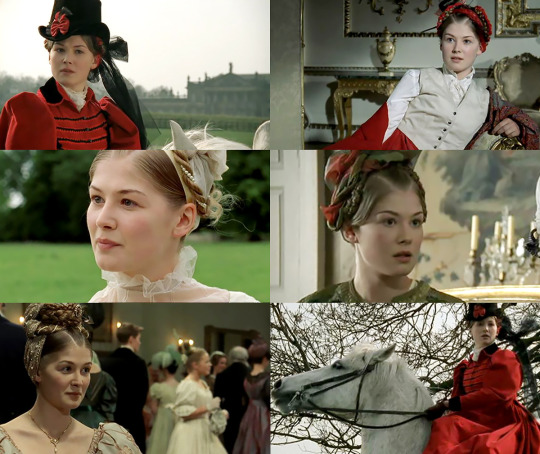
Edmund Bertram/Tom Hiddleston 1,88 m


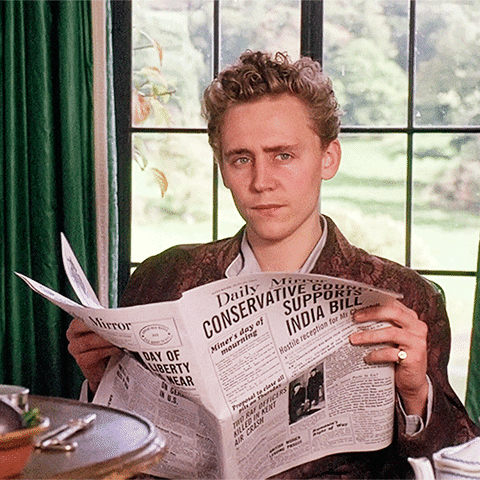
Fanny Price/Lily Dodsworth-Evans 1,69 m

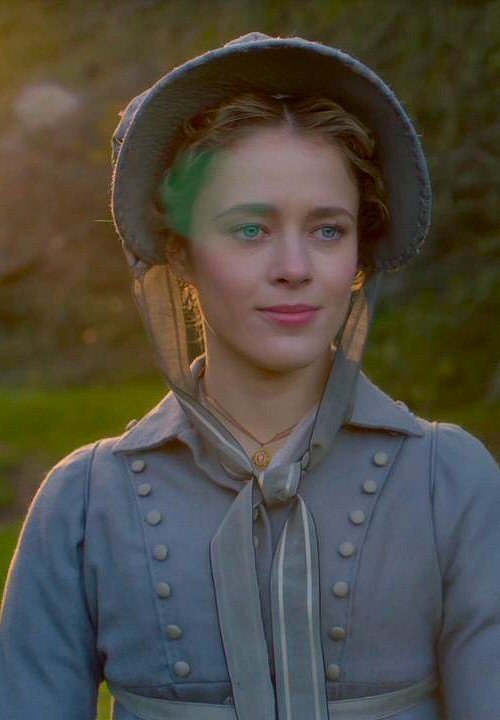

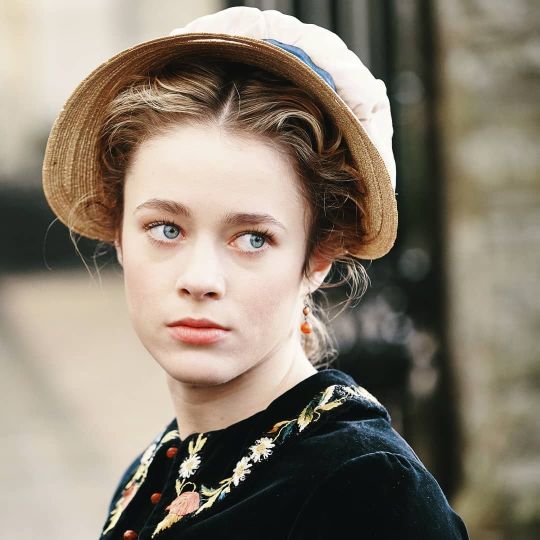
Mary Crawford/Jenna Coleman 1,57 m


Henry Crawford/Kit Harington 1,69 m
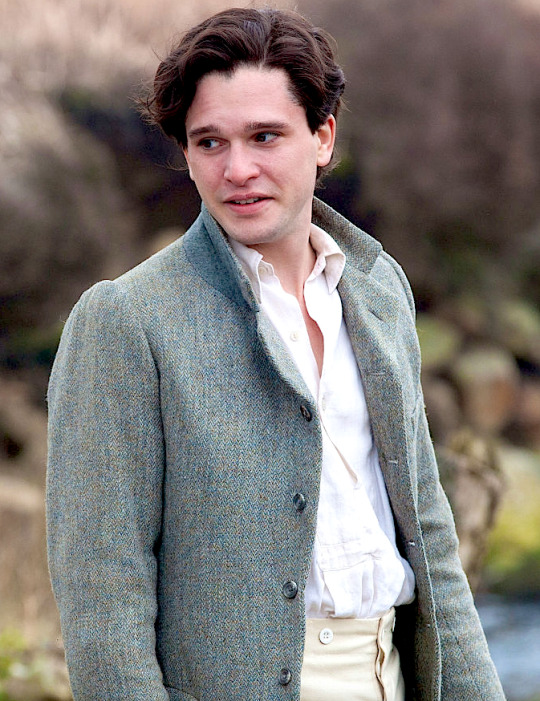


James Rushworth/Laurence Fox 1,90 m

William Price/Joseph Morgan 1,80 m
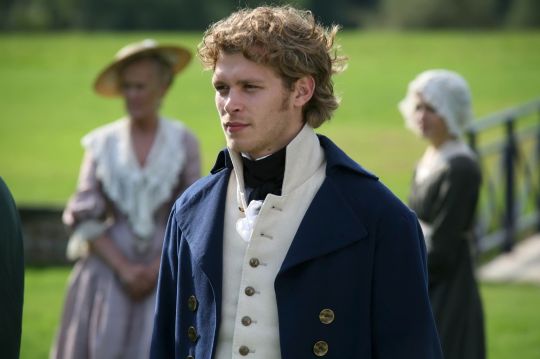
John Yates/Matt Milne 1,93 m
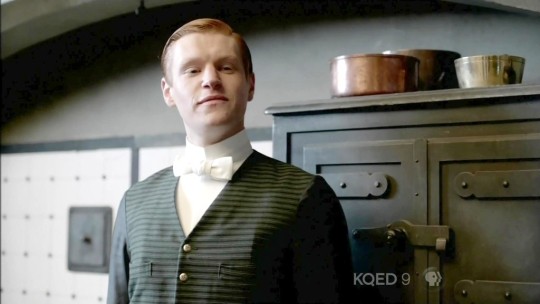
#mansfield park#henry crawford#mary crawford#fanny price#edmund bertram#fancast#i think it could've been a fairly realistic cast if their age had aligned at the right time#might switch yates and rushworth#loved Hayley Atwell but i find her a bit too tall#wanted a short Henry#immediately thinked of Kit who is quite plain without beard#jane austen
7 notes
·
View notes
Photo







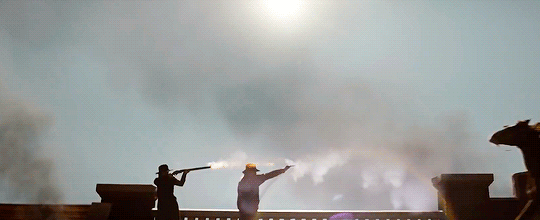

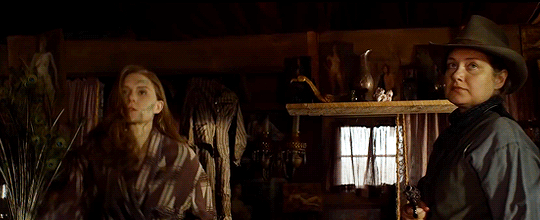
Mister, we’re a lot fucking stronger than you think we are.
Godless. November 22nd.
2K notes
·
View notes


